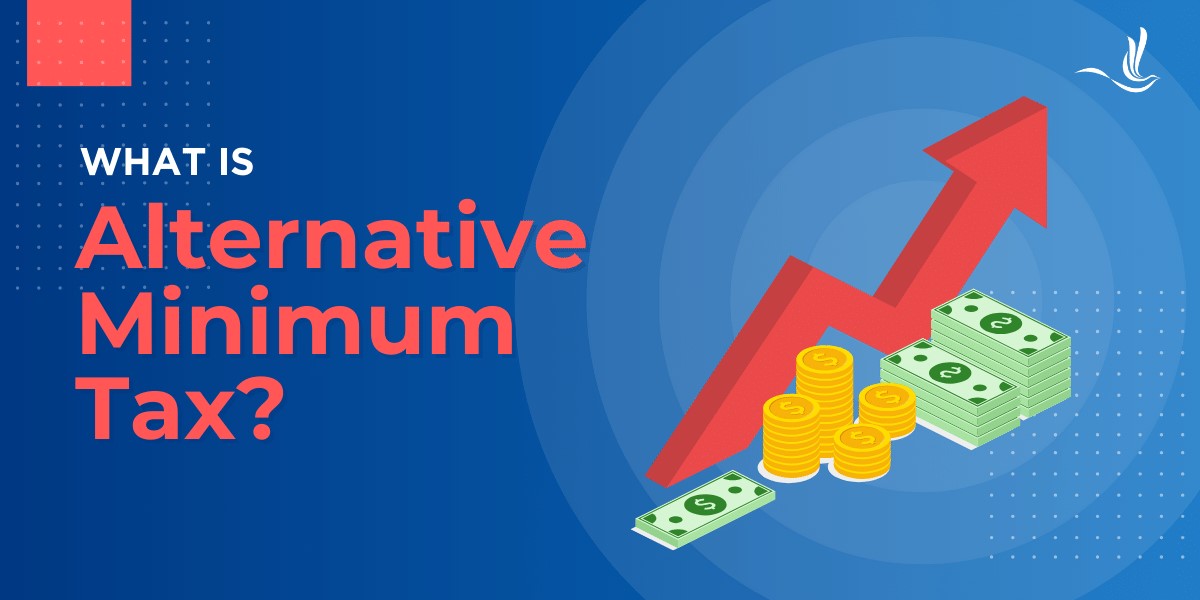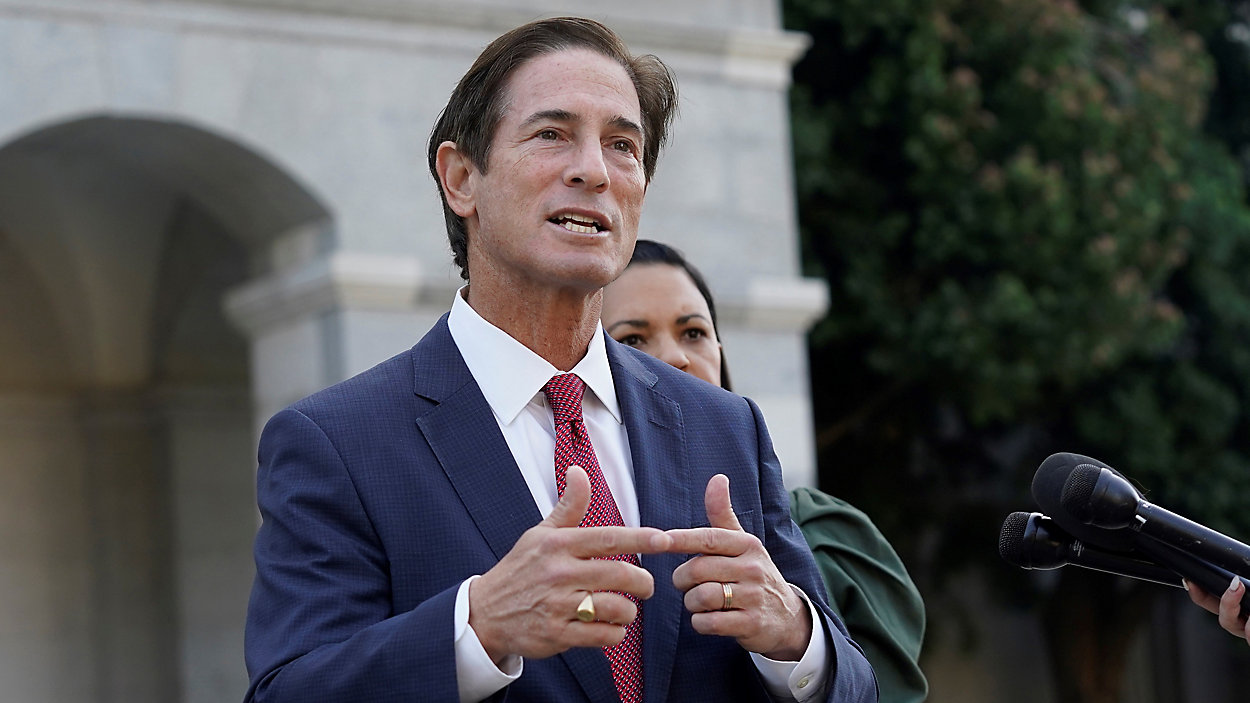Myth #1: “If I didn’t receive a W-2 or 1099, I don’t need to report that income.”
This dangerous misconception puts many taxpayers at risk. The Internal Revenue Code is clear: all income from whatever source derived is taxable unless specifically exempted by law. The absence of a tax form doesn’t negate your obligation to report income. The IRS employs sophisticated information matching systems and can identify unreported income through bank deposits, lifestyle analysis, and third-party reporting. Penalties for underreporting can reach 20% of the underpaid tax, with potential criminal charges for willful evasion.
Myth #2: “Filing an extension gives me more time to pay my taxes.”
This critical misunderstanding costs taxpayers millions in penalties annually. A filing extension (Form 4868) only extends the time to submit your return—not the deadline to pay taxes owed. Payment remains due by the original filing deadline (typically April 15th). Interest and failure-to-pay penalties begin accruing immediately after the original due date. If you can’t pay in full, consider an installment agreement or Offer in Compromise rather than simply delaying your filing.
Myth #3: “I can deduct all business-related expenses.”
The tax code allows deductions for “ordinary and necessary” business expenses—not all business expenses. This distinction frequently triggers audits. Personal expenses with incidental business benefits typically don’t qualify. Additionally, entertainment expenses, political contributions, and certain club memberships face specific limitations or outright disallowance. Maintaining meticulous records that demonstrate the business purpose and necessity of each expense is crucial for substantiating your deductions.
Myth #4: “Working from home means I automatically qualify for the home office deduction.”
The home office deduction has specific requirements that many remote workers don’t satisfy. The space must be used “exclusively and regularly” as your principal place of business. The occasional kitchen table work session doesn’t qualify. Furthermore, employees (as opposed to self-employed individuals) working remotely generally cannot claim this deduction following the Tax Cuts and Jobs Act of 2017. Self-employed taxpayers must carefully document their dedicated workspace to substantiate this valuable deduction.
Myth #5: “If I get a refund, it means my tax filing was correct and I won’t be audited.”
Receiving a refund provides no protection against future audits. The IRS review process that generates refunds primarily checks for mathematical errors and obvious inconsistencies. Substantive compliance review occurs separately through the audit selection process, which uses sophisticated algorithms to identify returns with audit potential. The IRS generally has three years from the filing date to conduct an audit, though this period extends to six years for substantial underreporting and has no limit for fraudulent returns.
Myth #6: “Students don’t need to file tax returns.”
Many students miss valuable tax benefits by incorrectly assuming they don’t need to file. Filing requirements depend on income levels, not student status. Moreover, even students below the filing threshold should consider filing to claim education credits like the American Opportunity Credit (worth up to $2,500) or to recover tax withholdings. Students receiving scholarships should be aware that amounts covering room and board (as opposed to tuition and books) are generally taxable income requiring reporting.
Myth #7: “Cash transactions aren’t traceable, so they don’t need to be reported.”
The IRS has enhanced its ability to track unreported income, including cash transactions. Banks report cash deposits exceeding $10,000, and patterns of smaller deposits designed to avoid reporting requirements (known as “structuring”) can trigger criminal investigations. Additionally, the IRS’s voluntary disclosure programs offer pathways to compliance for previously unreported income that substantially reduce potential penalties.
Myth #8: “Tax preparation software catches all errors and maximizes my deductions.”
While tax software has improved significantly, it remains limited by the information you provide. Software cannot identify deductions you don’t know to input, evaluate the substantiation for your deductions, or provide contextual planning advice. Complex situations involving business operations, investment activities, or multi-state issues often benefit from professional review to identify opportunities and compliance risks that automated systems miss.
Myth #9: “Cryptocurrency transactions aren’t reportable to the IRS.”
The IRS considers virtual currency property for tax purposes, making all crypto transactions potentially taxable events. Exchanging, selling, or using cryptocurrency to purchase goods or services may trigger capital gains or losses that must be reported. The IRS has prioritized cryptocurrency compliance, obtaining data from exchanges and adding explicit cryptocurrency questions to Form 1040. Non-compliance penalties can be severe, including potential criminal prosecution for willful evasion.
Myth #10: “If I can’t pay my tax bill, I should just not file.”
This approach maximizes penalties. The failure-to-file penalty (5% per month up to 25%) substantially exceeds the failure-to-pay penalty (0.5% per month up to 25%). Filing your return, even without full payment, demonstrates good faith and opens access to resolution options. These include installment agreements, Offers in Compromise, and Currently Not Collectible status. Professional representation can navigate these options and often reduce overall tax debt liability.
Tax misinformation can lead to costly mistakes with significant financial and legal consequences. By understanding these common myths, you’re better equipped to make sound tax decisions and avoid unnecessary penalties. Remember that tax law is complex and constantly evolving—when in doubt, consult with a qualified tax professional who can provide guidance tailored to your specific situation.
Stay informed, maintain proper documentation, and take a proactive approach to tax compliance. The investment in proper tax planning and preparation invariably costs less than addressing IRS enforcement actions after the fact.
Book a free consultation with a Guardian Tax Professional today to get clear answers to your unique situation.



























